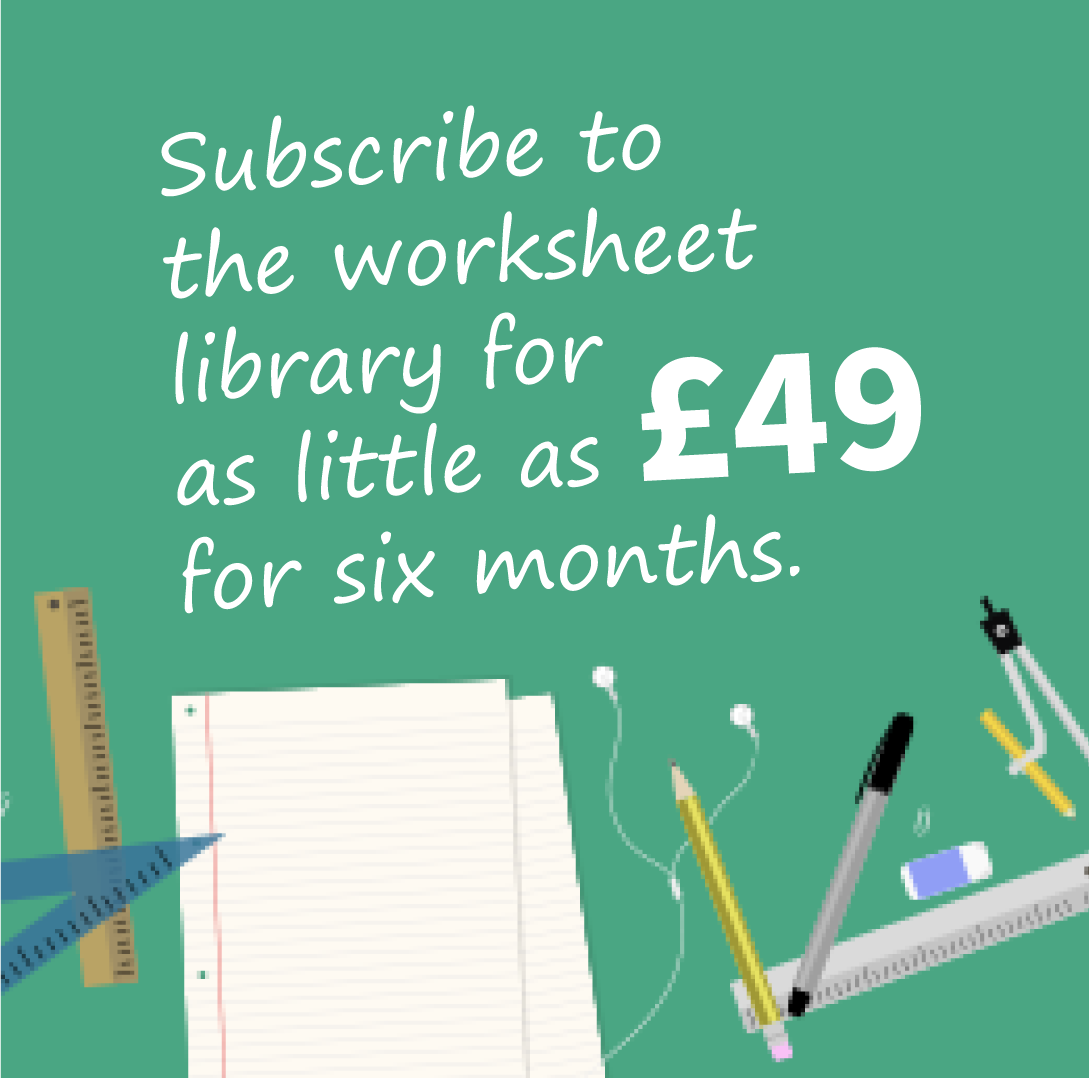We have over 300 English worksheets for year six children. They have been designed to mirror the year six literacy curriculum in an engaging way.
Our worksheets cover every area of the literacy syllabus for year six including Spelling, Grammar, Punctuation, Writing, Reading and Comprehension.
Below you can see a selection of our worksheets. Some of these are downloadable, others are only available within one of our courses. Full answers are provided within all our courses but are not provided with individual worksheets for free download.
Our Primary School courses which are adapted to suit the level of your child are now available. To find the course which is right for you use the course finder.
Free year 6 English worksheets to download – no registration needed
Find the Mistakes – Children need to focus on accuracy to do well in their written work and this series of worksheets help children to develop accurate writing skills.
Homophones – Words which sound the same but are spelt differently often catch children out. These worksheets help children to become more familiar with this group of words
Words from Past Papers – It’s useful for children to understand the type of vocabulary they will face in tests in year six. This is one example from a series designed to help children taking 11 Plus exams to become familiar with the more complex vocabulary they will need to know.
Personal Words List – We ask all our students to note down any words which they are unfamiliar with or encounter difficulty spelling. Developing a wide and advanced vocabulary will not only help children during examinations but also during all English related activities.
Recommended Book List – At Learning Street we stress the importance of regular reading due to its vocabulary benefits. The list contains a selection of books chosen by the BBC tailored towards ages 9-12.
Other worksheet examples included as part of year six English courses
Homographs – Words which are spelt the same but have different meaning such as TEMPLE (part of your head and a place of worship). Children with as wide a knowledge of these will do well in year 6 and then go on to do well in their secondary schools.
Synonyms revision – Children who write well are able to use accurate vocabulary. Knowing an extended range of synonyms really helps in this area. This is an example of a revision worksheet with children having previously learnt and been tested on these words as part of our courses.
Diminutives – The literacy syllabus builds up using very many smaller topics. The use of diminutives and what they are is part of that process and this worksheet helps to enhance knowledge in this area
Comprehension- Westminster Abbey – Comprehension remains a core topic during year six with lots of individual worksheets using varying text including fiction, non-fiction and poems. This non-fiction text includes a brief history of Westminster Abbey.
Compound words – These compound word worksheets are used by us not only to enhance vocabulary but also to help children develop thinking skills. They are puzzles which children will need to come back to a few times to solve. The worksheets present the right sort of challenge for pupils at this level who often need help developing the type of resilience they will need to do well in exams and tests.
Describing characters – Our approach to helping children with their creative writing skills development is to focus on simplicity of plot and detailed and engaging descriptions. This worksheet helps children to develop their character descriptions so that they really stand out from the crowd.
KS2 Punctuation revision – Punctuation continues to be a focus throughout year six. By this time children will be familiar with all the key elements of punctuation so for the bulk of the year the task is to keep their knowledge fresh through the use of punctuation revision worksheets like this one



